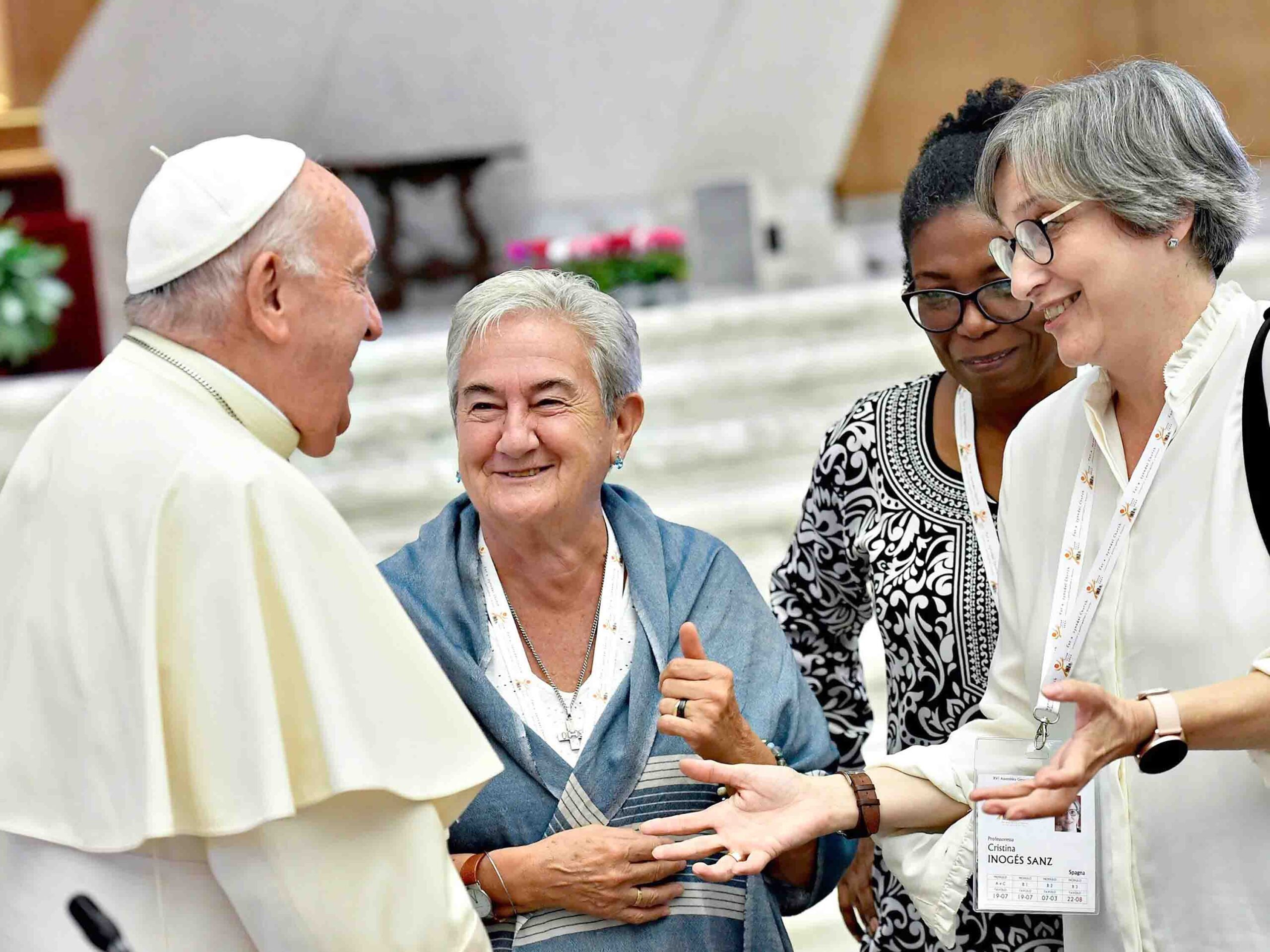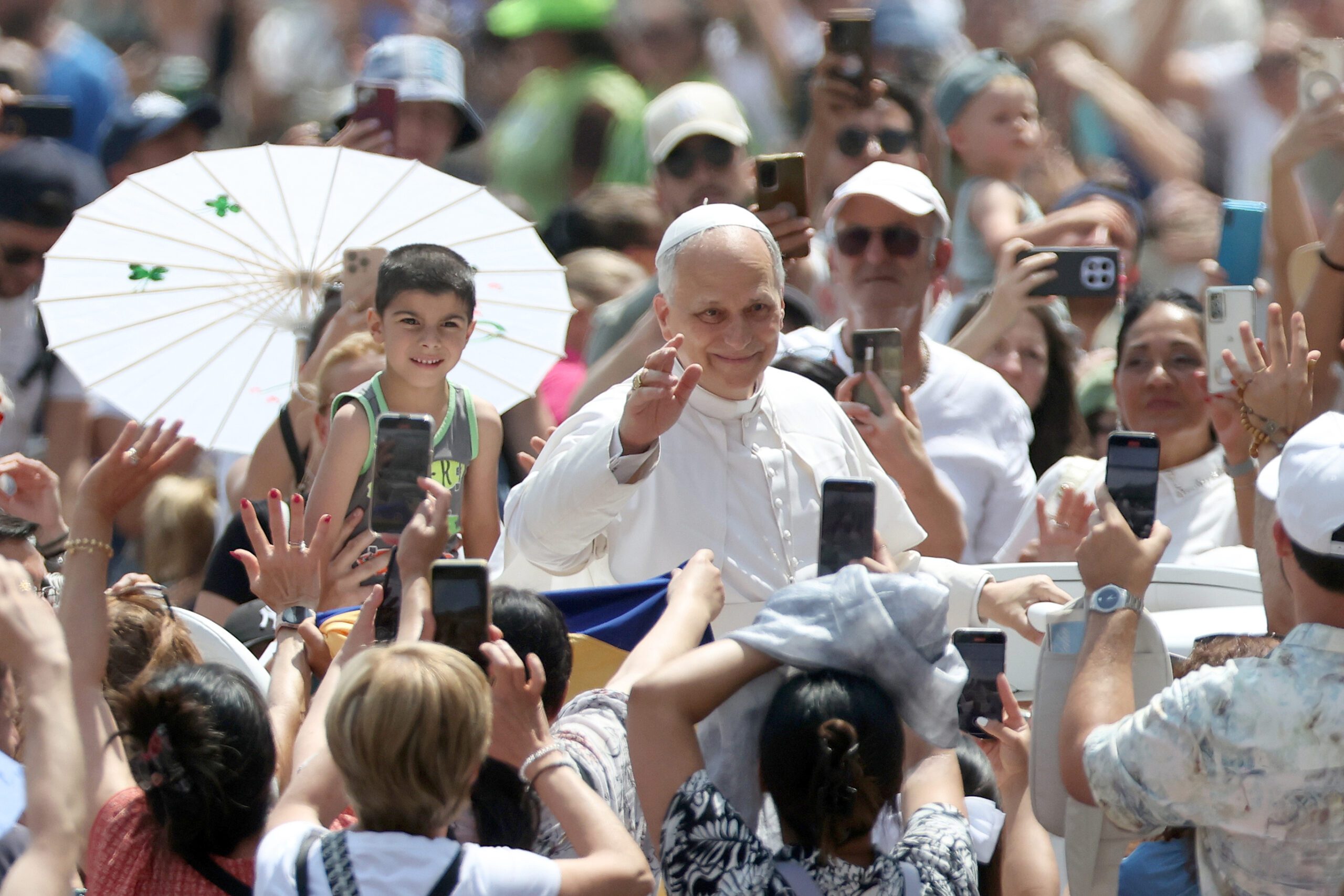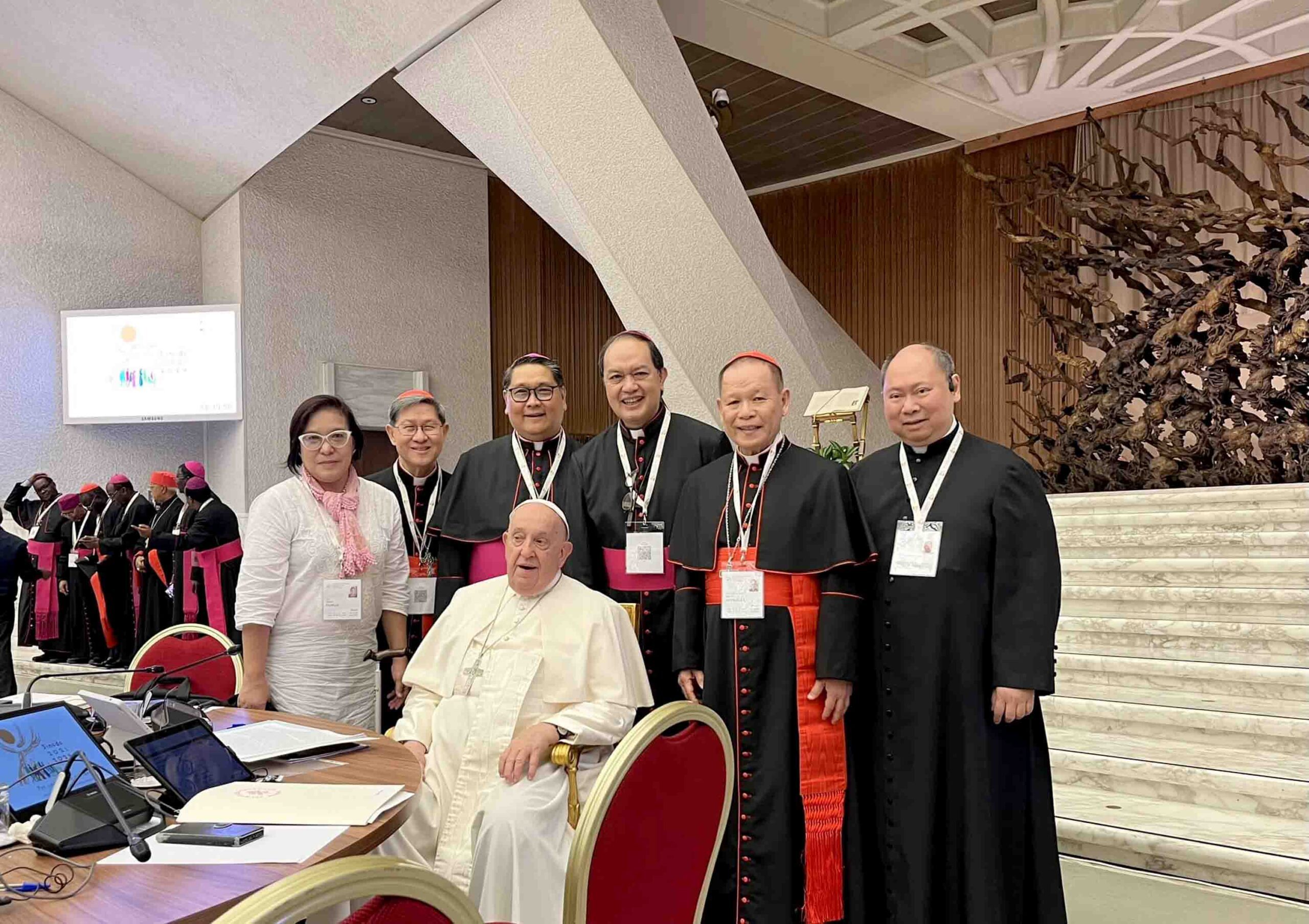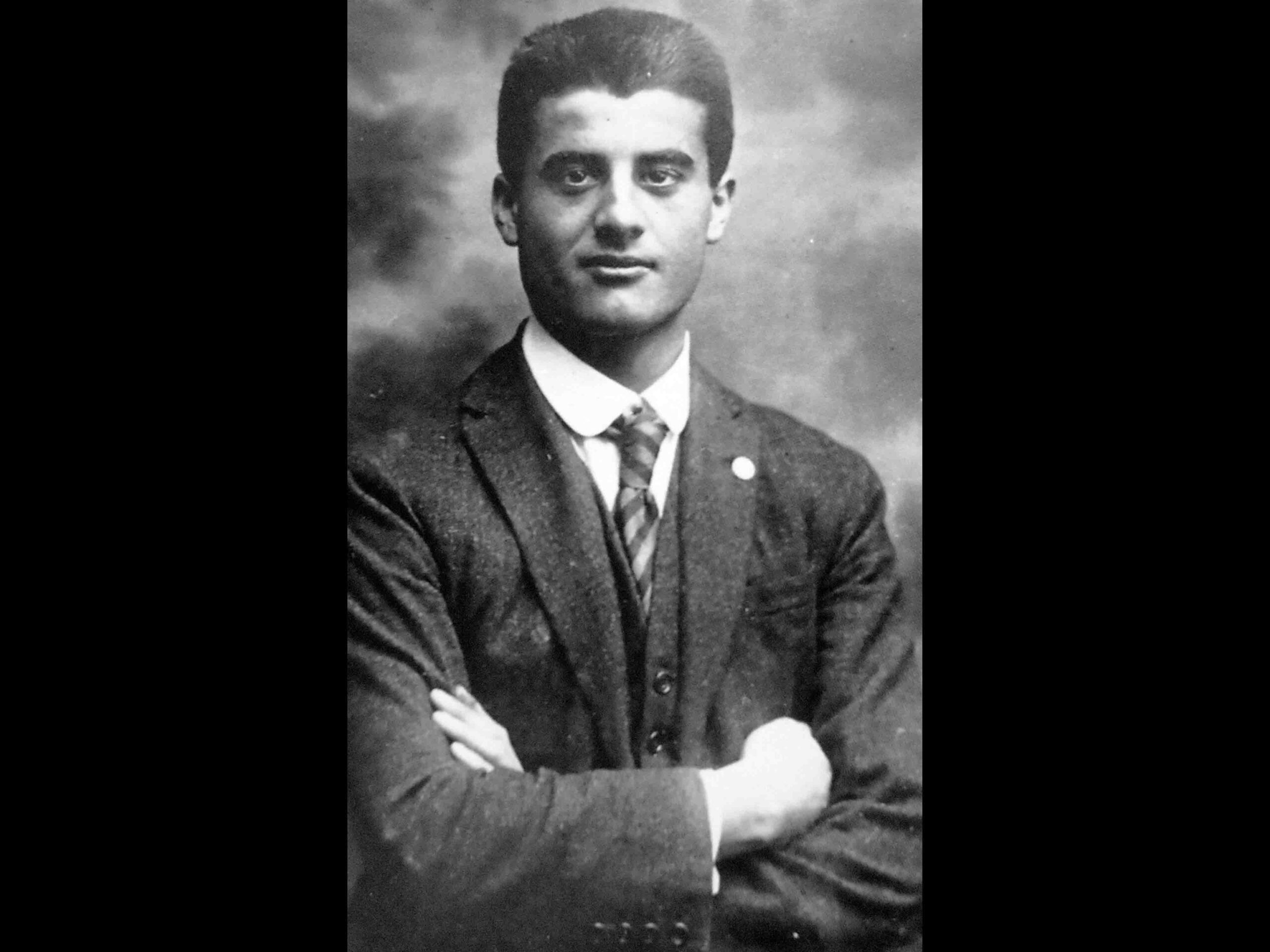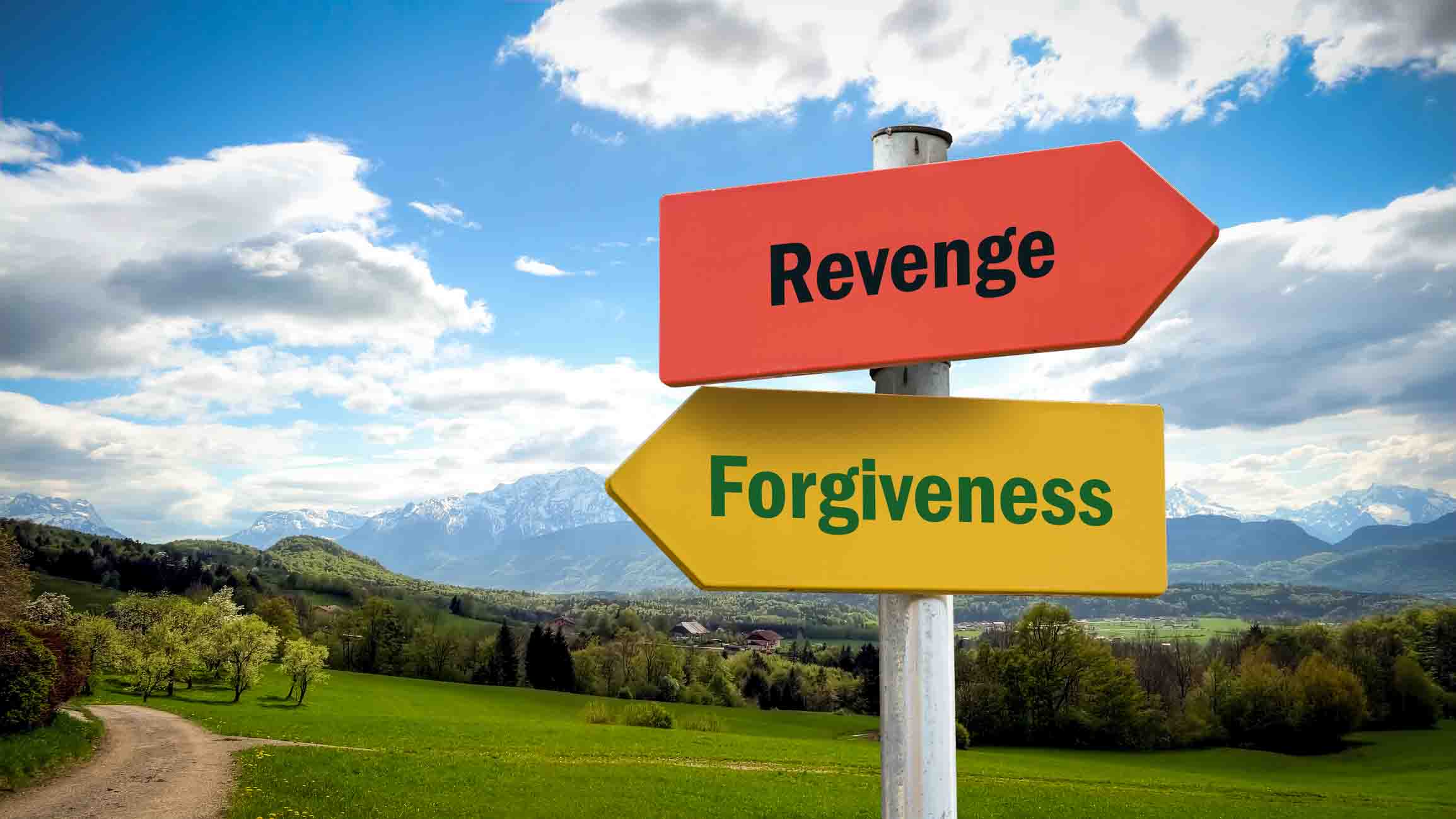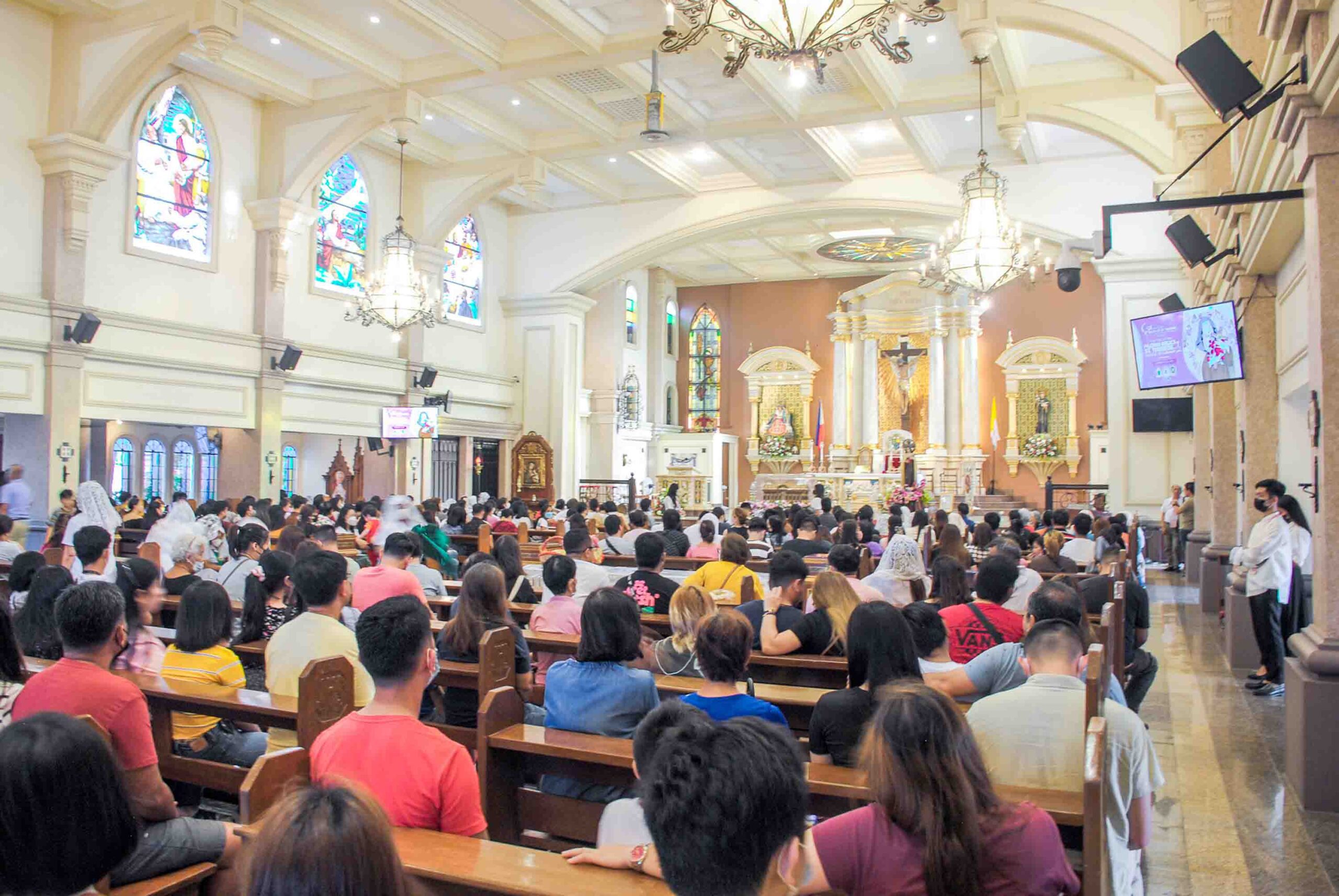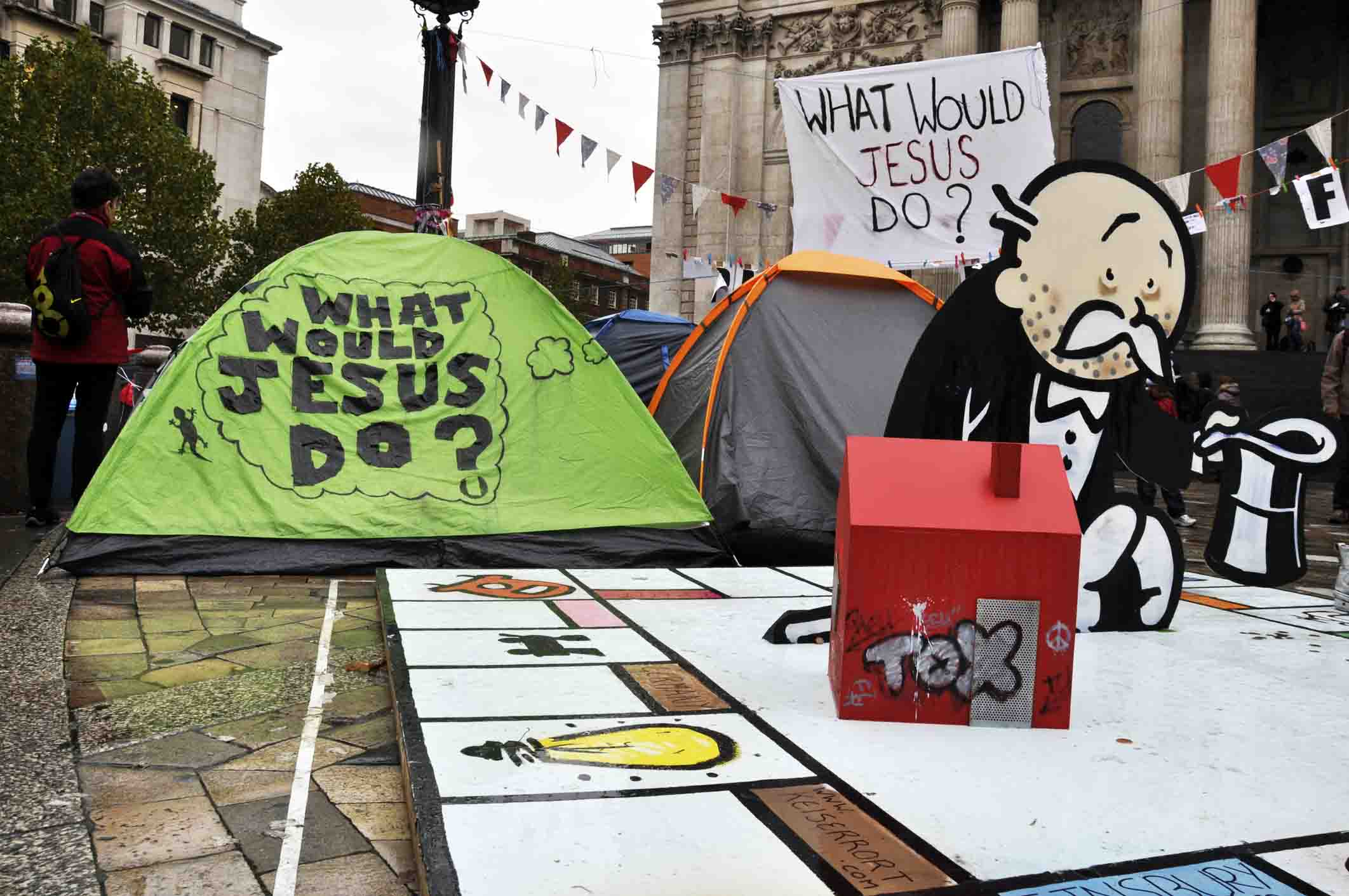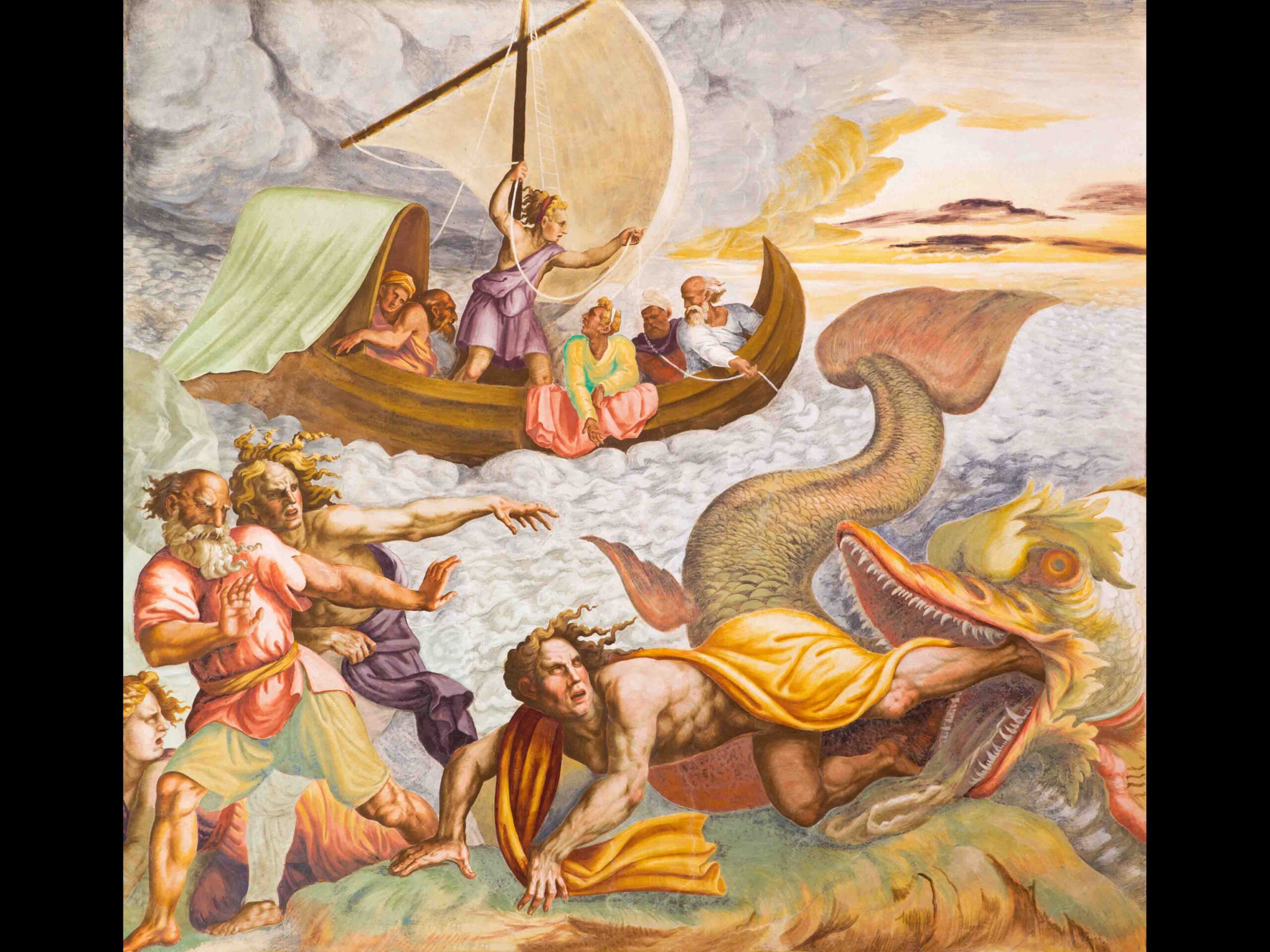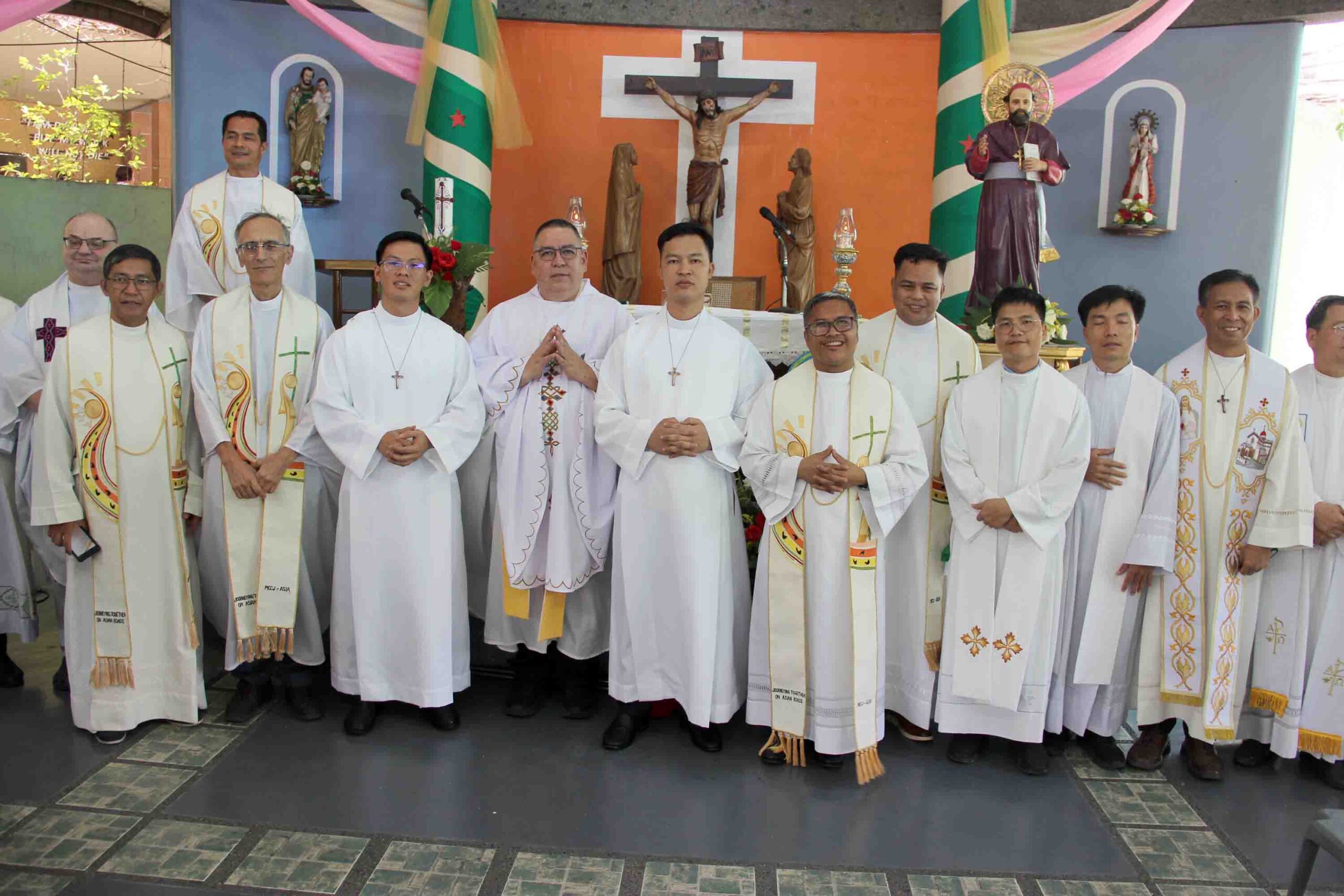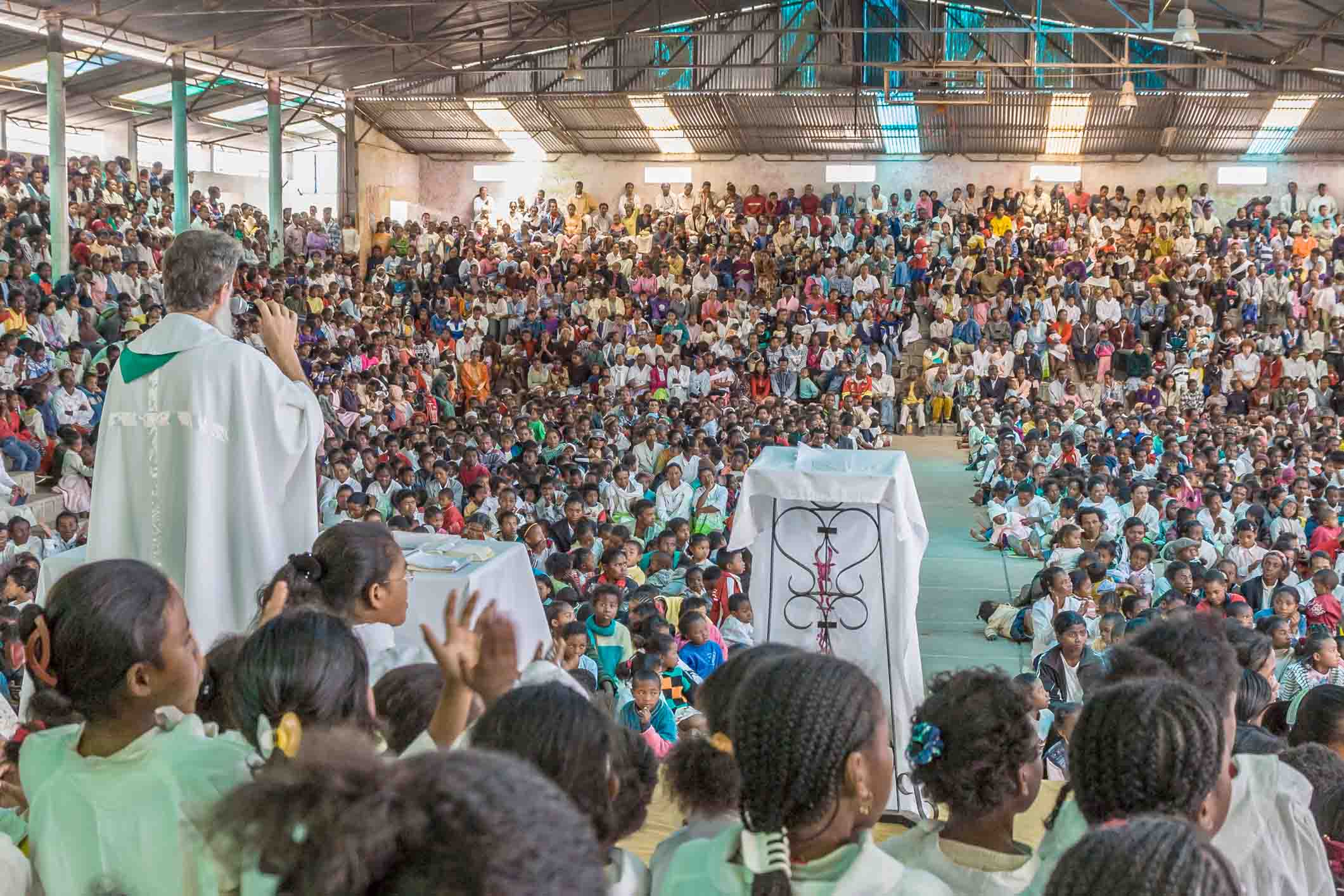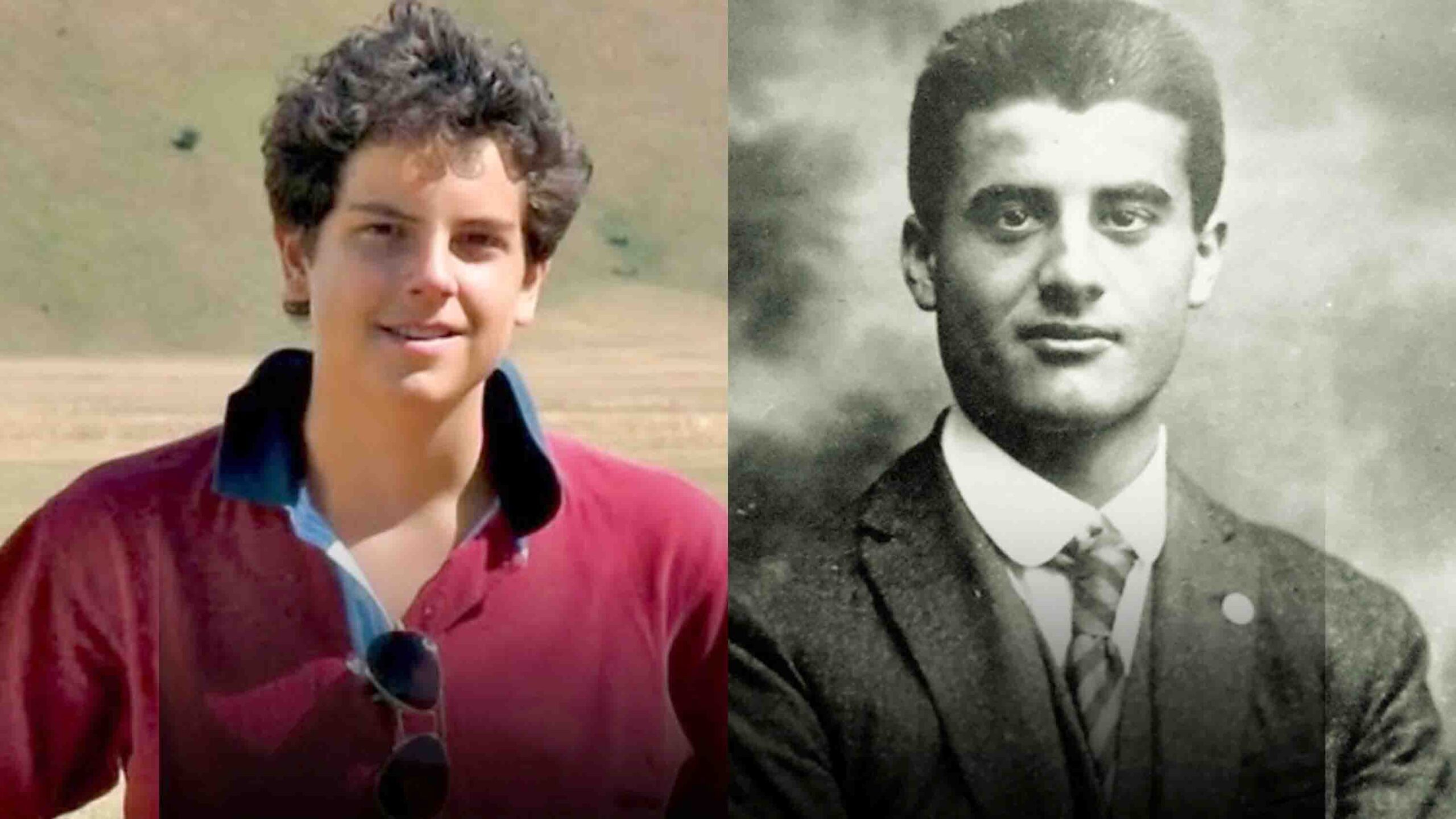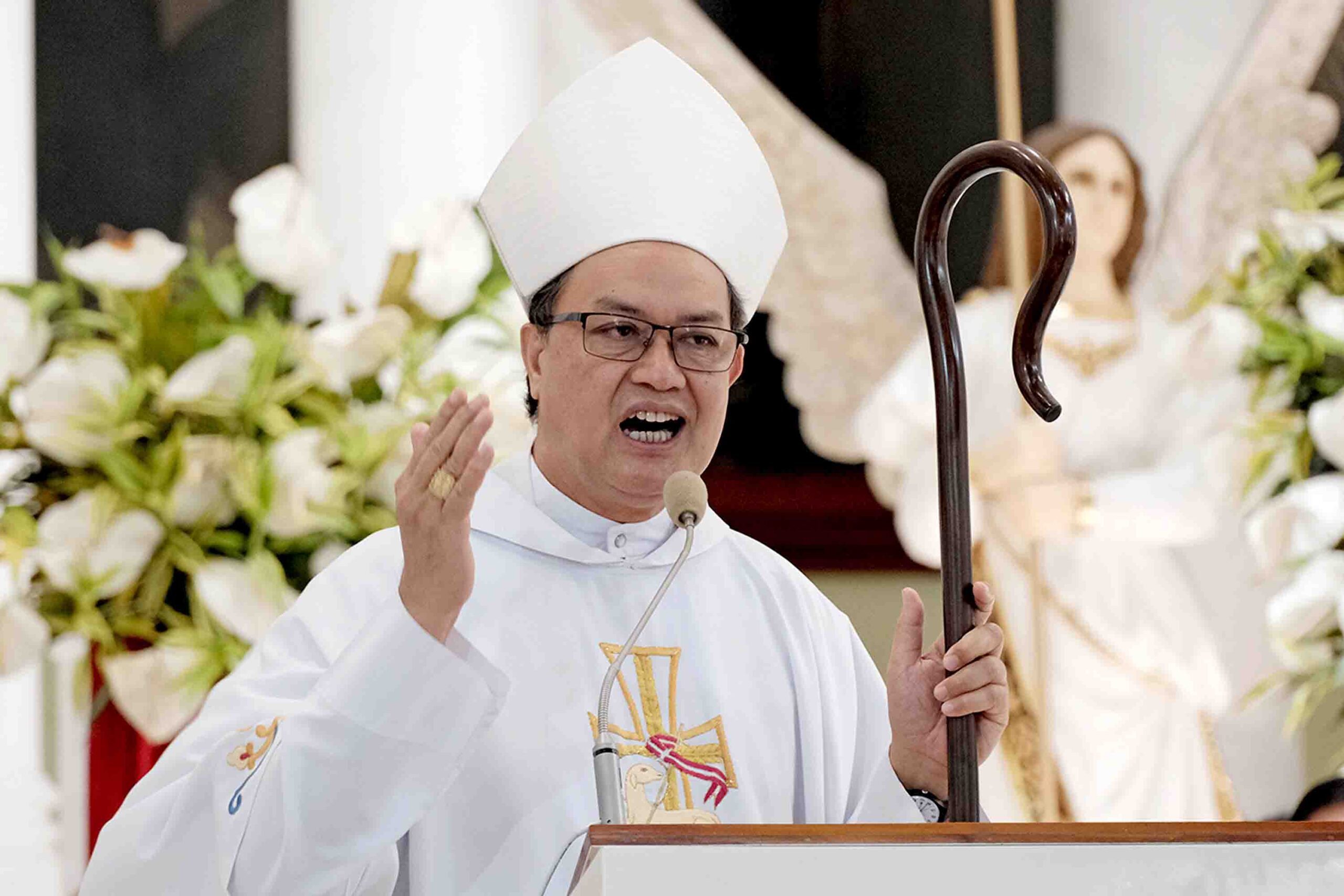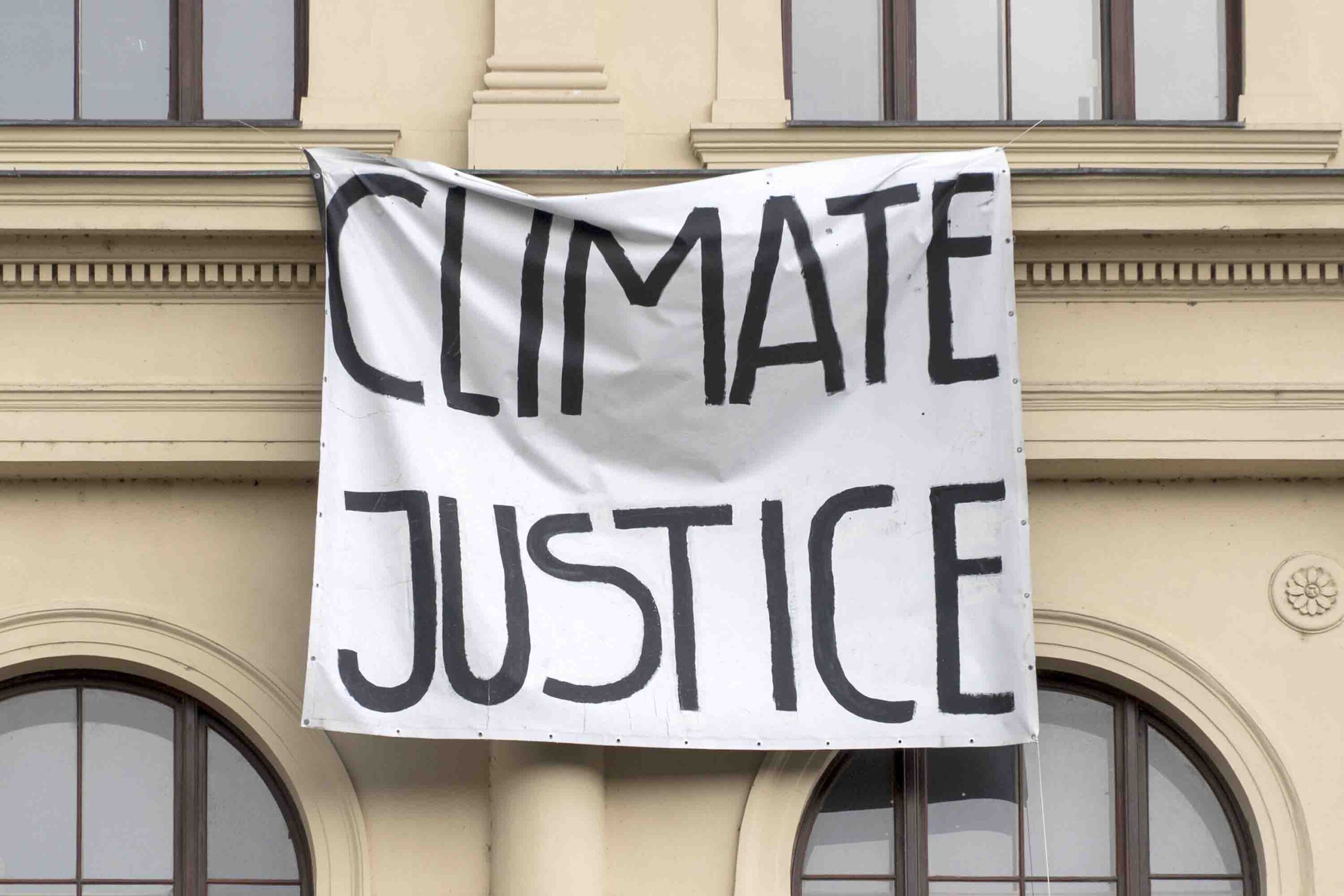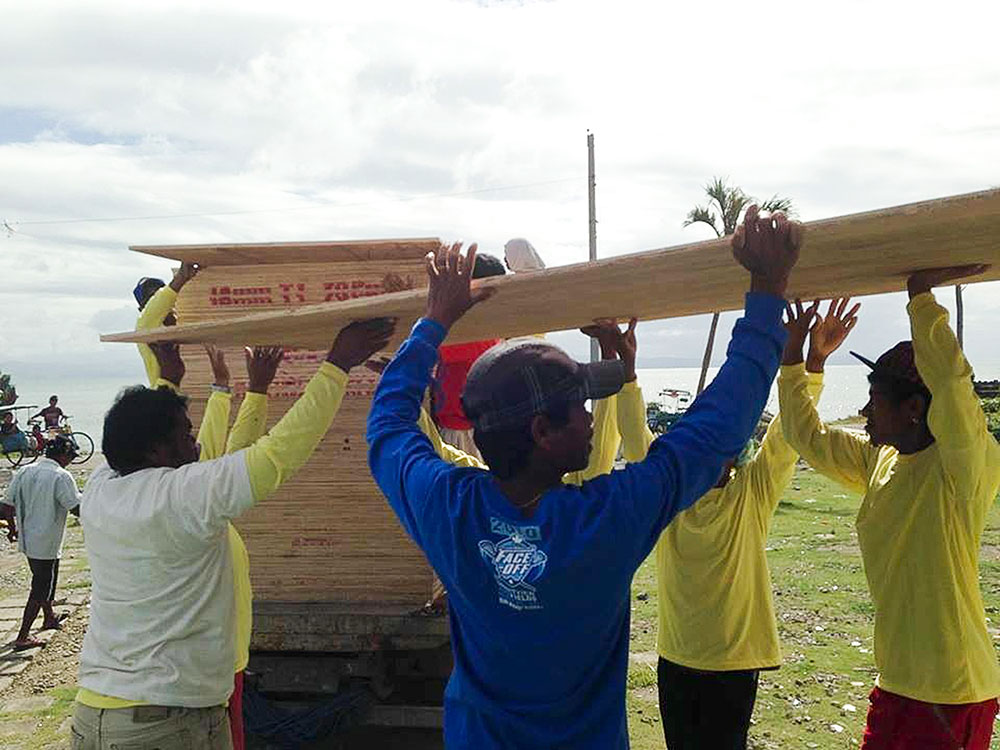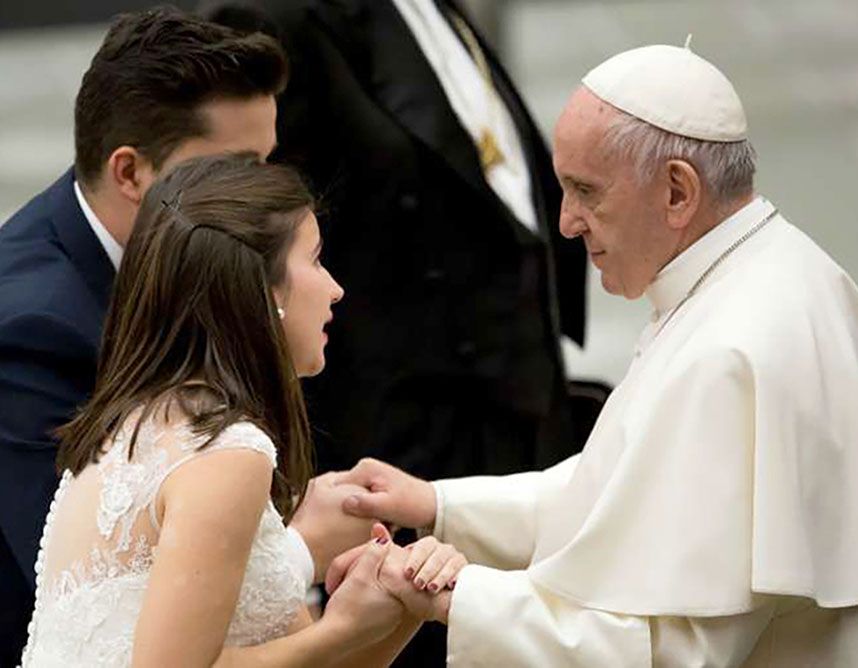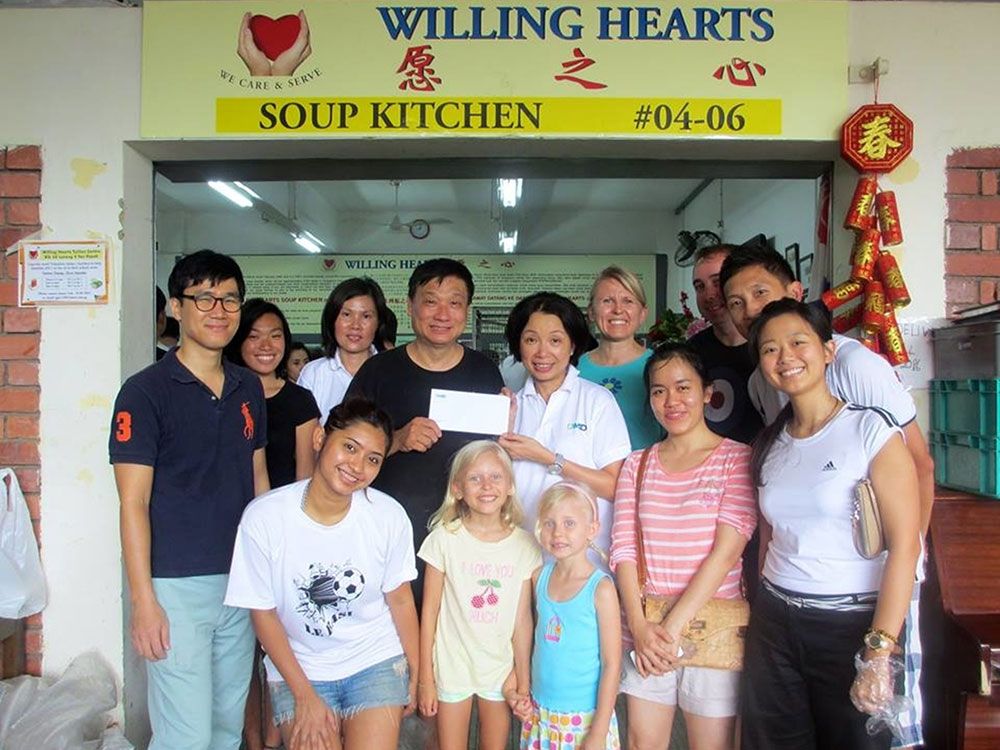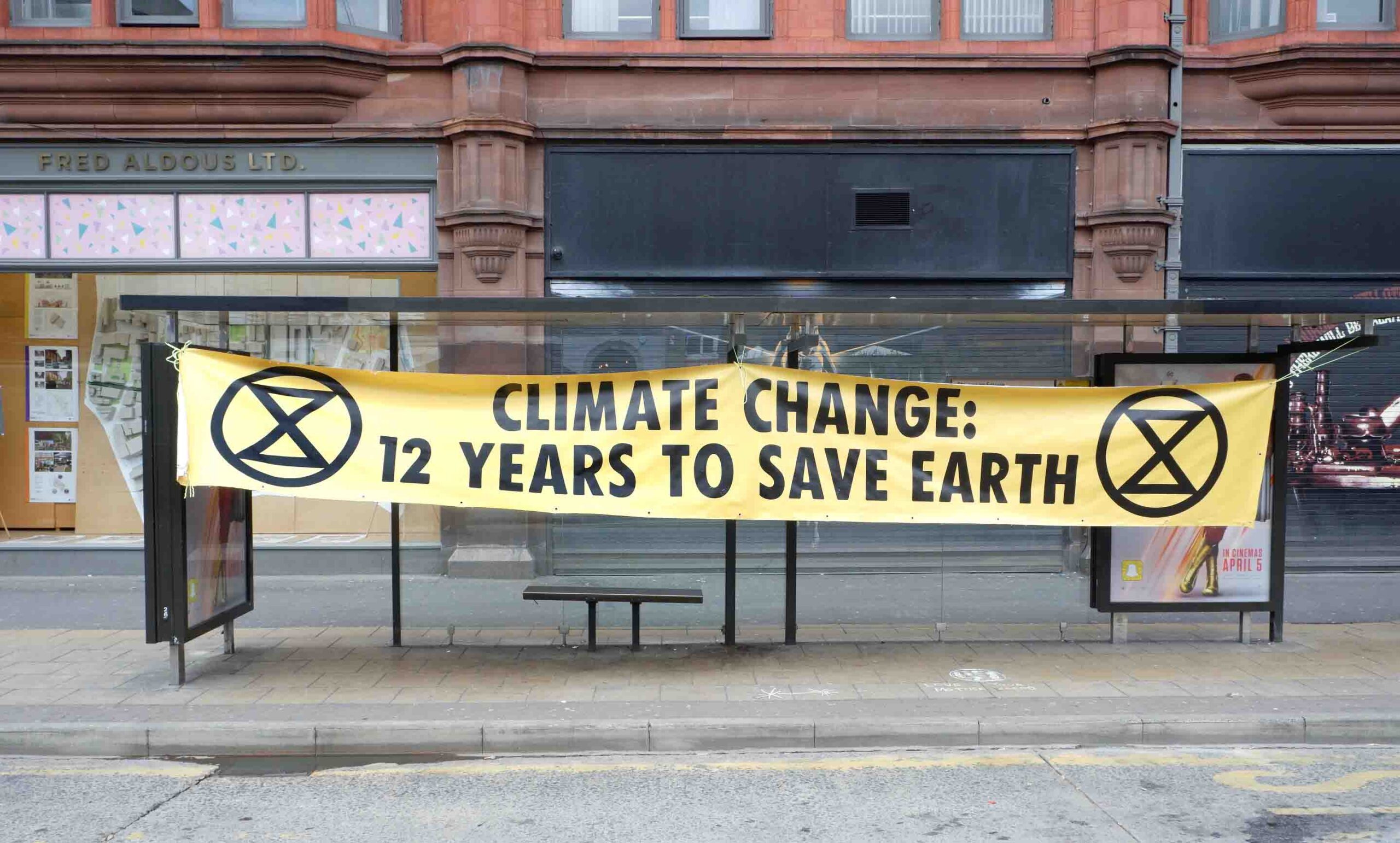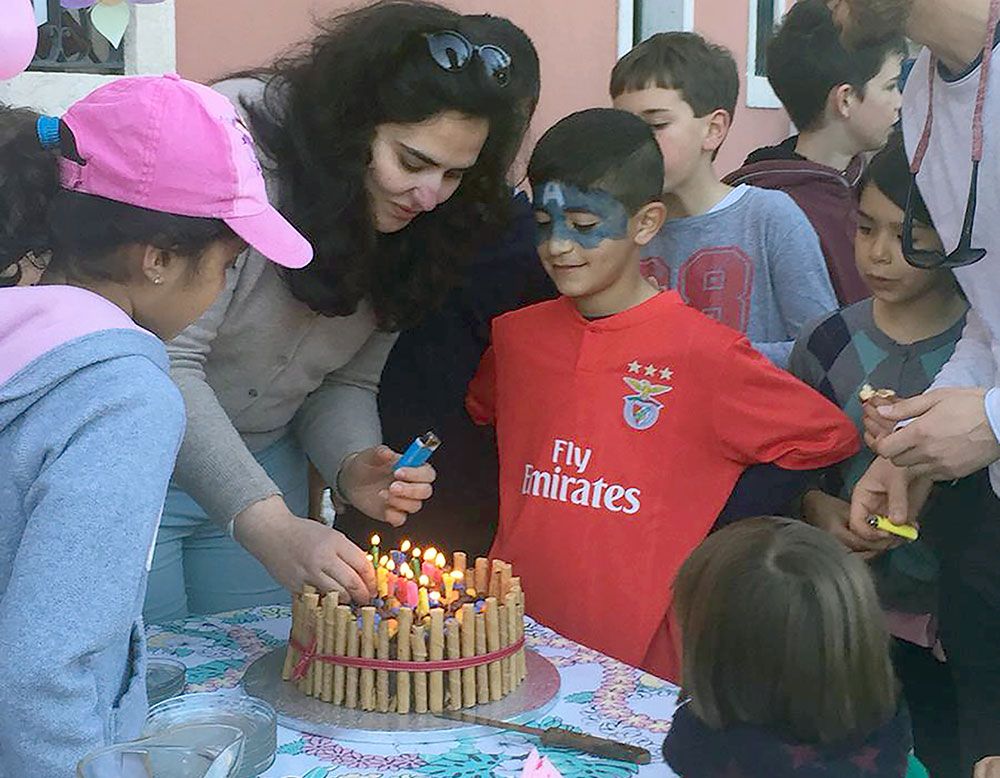What is a Synod?
A Synod is a gathering of the faithful in order to listen to what the Holy Spirit is saying to the Church and asking her to be and to do. This gathering can involve the faithful in different ways: pastors with lay people, bishops with the other ordained ministries, the pope with bishops, etc.
Pope Francis called it “an exercise of mutual listening, conducted at all levels of the Church and involving the entire People of God.” It involves encounter, listening and the discernment of spirits.
Synods has taken many forms in church history and they are currently practiced in the Church at all levels: from Parish Pastoral Council meetings to Diocesan Synods, from Provincial Councils to Plenary Councils, from assemblies to the Synod of bishops to Ecumenical Councils in which the bishops from across the world gather in Rome with the Pope.
The practice of gathering to listen to the Spirit is as old as the Church herself, as shown by the “Council” of Jerusalem described in Acts of the Apostles 15. Synod-type mechanisms (listening, dialogue, discernment, deliberation) have always been used in monasteries and religious houses when making decisions. When cardinals meet to elect the new pope, the conclaves are a synod event.
Pope Francis has sought from the beginning of his pontificate to invigorate and reconfigure the Synod of Bishops so that it might become more of an exercise of listening and discernment. Ever since his election in 2013, he has been teaching the Church about Synodality and encouraging us to become a more Synodal Church at every level. In an important speech on 17 October 2015, he said that the path of Synodality is what God expects of the Church in the third millennium.
The word Synod comes from the Greek synodos, which has the general meaning of “walking together.” It offers an image of the Church as a pilgrim people, growing and developing on a journey of faith; a very different image from that of the Church as a static institution. A Synodal Church expresses the Second Vatican Council vision of what sees the Church called to be: the People of God in which all baptized share the same dignity, and the essential distinction between lay people, clergy, bishops, etc. is a difference of vocation and role, not of superiority.
What is this Synod, and how is it different?
In the past, a Synod consisted of a meeting (called a “General Assembly”) of Bishops in Rome. This Synod consists of the entire Synod process, beginning with the worldwide consultation of all faithful, including a General Assembly of Bishops in Rome, and ending with the reception by the People of God in the local Churches of the fruits of the entire discernment process.
Although previous Synods also began with broad consultations in the form of questionnaires, this is the first time that everyone has been directly asked to engage in an exercise of listening at the level of parishes and dioceses.
Who can participate in this Synod?
Pope Francis has repeatedly stressed the need for the Synod to involve everyone and reach out as much as possible. “Everyone has a part to play; no one is a mere extra … The Synod is for everyone and is meant to include everyone … Let everyone come in … the Holy Spirit needs us. Listen to him by listening to each other. Leave no one behind or excluded.”
He stresses “real involvement on the part of each and all” and “a way of acting marked by true participation…. Enabling everyone to participate is an essential ecclesial duty! All the baptized, for baptism is our identity card.”
All baptized are explicitly invited to participate, especially within their local communities, and no one is excluded. The Preparatory Document and the Vademecum have also stressed the importance of reaching out to the poor, to those who have less of a voice. This is also true of parishes, which must ensure that those people who might not normally attend meetings can be heard.
Because this way of proceeding is not the usual way the Church operates, Pope Francis explicitly said this involves a change or conversion. “In this regard, we have taken some steps forward, but a certain difficulty remains. We must acknowledge the frustration and impatience felt by many pastoral workers, members of diocesan and parish consultative bodies, and women, who frequently remain on the fringes.”
Clericalism poses an obstacle to participation; such an attitude of rigidity and superiority prevents us from recognizing the mission of each baptized in the Church. “One of the ills of the Church, indeed a perversion, is the clericalism that detaches priests and bishops from people, making them officials, not pastors. There can be no discrimination in the name of God. Discrimination is a sin among us too, whenever we start to say: “We are the pure, we are the elect, we belong to this movement that knows everything, we are…” No! We are the Church, all of us together.”
What is Synodality?
Synodality is a style, a culture, a way of thinking and being that reflects the truth that the Church is led by the Holy Spirit, who enables everyone to offer their own contribution to the Church’s life. This Synod process seeks to “strengthen cooperation” in all areas of the Church’s mission, to enhance communion, participation and mission.
While “Synodality is an expression of the Church’s nature, her form, style and mission” (Pope Francis, 18 September 2021), the Church in our day lacks the habit and practice of Synodality. This is what Pope Francis invited us to examine and discern for the future.
Synodality is also reflected in a synodal style of governance, in which people participate in decision making, share responsibility for the Church’s mission, and cooperate and collaborate more in the day-to-day life of the Church. Some call this “co-responsibility”.
Church is neither a monarchy nor a democracy. Pope Francis has clarified that the Synod is not a parliament, convention, or opinion survey. Although it has many elements familiar to political and similar processes–listening, speaking, and taking votes–what differentiates a Synod is that it is a spiritual process that takes place within the Church. “The Synod is an ecclesial event whose protagonist is the Holy Spirit. If the Spirit is not present, there will be no Synod.”
The Final Document says that Synodality is a path that enables the Church to be more “participatory and missionary,” and can no longer be considered a curiosity, a practice to be dabbled in, or a fad. Instead, it is essential to understand how the Church understands itself.
Always oriented toward mission, Synodality can be seen as “gathering at all levels of the Church for mutual listening, dialogue, and community discernment.” (No. 28). This ancient path finds its roots in the Council of Jerusalem and the “constant ecclesial practice of meeting in Synods,” a process that helps us together to “dialogue, discern and decide” (No. 28).
The Final Document is firmly grounded in the person of Jesus Christ, something that seemingly every delegate desired. The overarching theme of the document is the Resurrection—the theme of Cardinal-elect Timothy Radcliffe’s retreat for the final session of the Synod and the visual backdrop in the Paul VI hall, where we met every day. The Resurrection provides not only the document’s literary structure but also its spiritual foundation. All we do, we do for, through, and with the Risen One.
What does it mean to become a Synodal Church?
“Being a Synodal Church means being a Church that is the sacrament of Christ’s promise that the Spirit will always be with us.” (Pope Francis, 18 September 2021).
Becoming a more Synodal Church is a change that allows the Church to become more truly what it is. For Pope Francis, it was clear that this change involves a conversion of mindset and culture but will also result in structural change. He spoke of “moving not occasionally but structurally towards a Synodal Church, an open square where all can feel at home and participate” (Pope Francis, 09 October 2021).
The Pope described this becoming a Synodal Church as an opportunity to become a “listening Church” and a Church of “closeness, compassion and tender love” which better reflects the “style of God.” (Pope Francis, 09 October 2021). Published in synod.va and America Magazine

